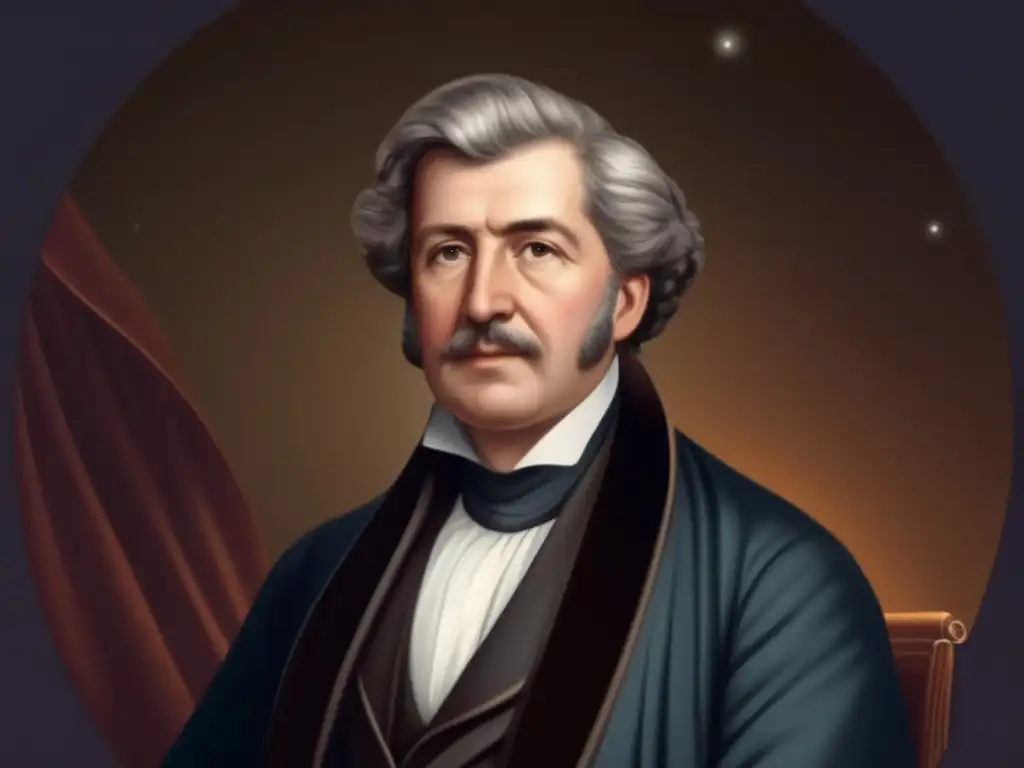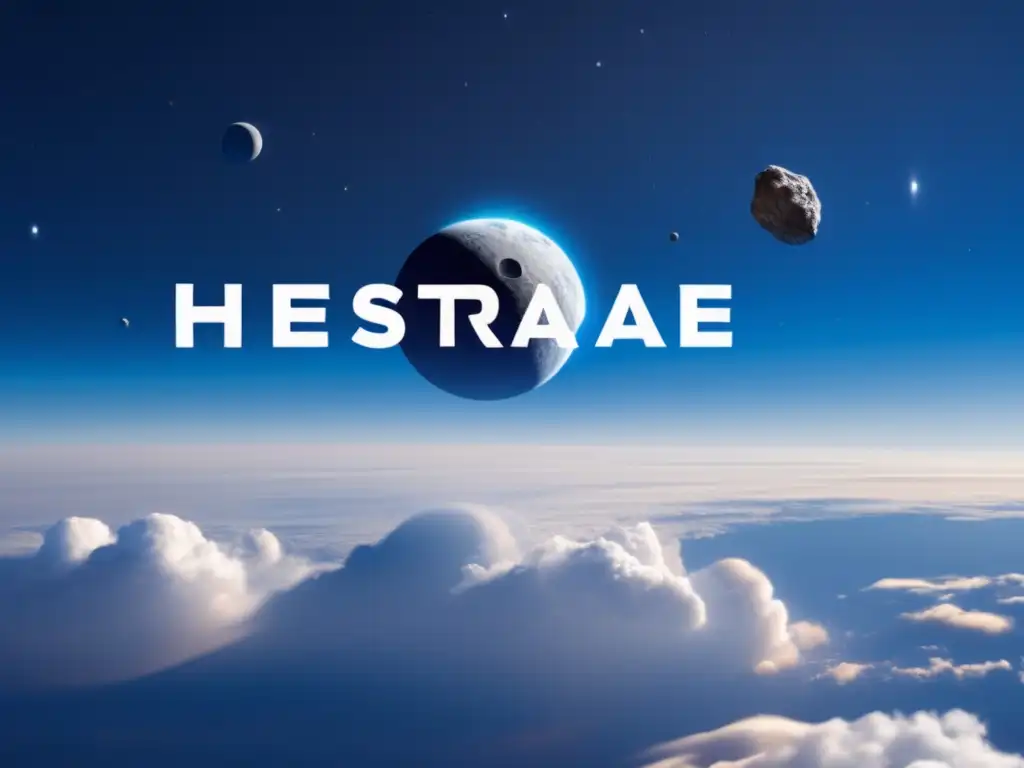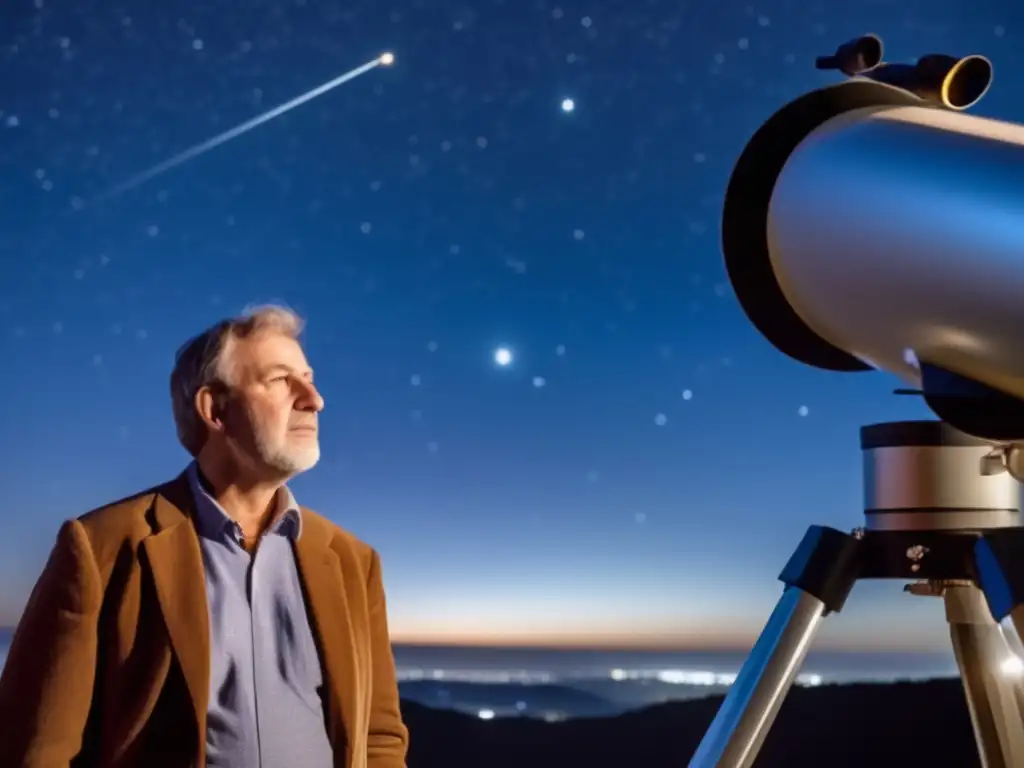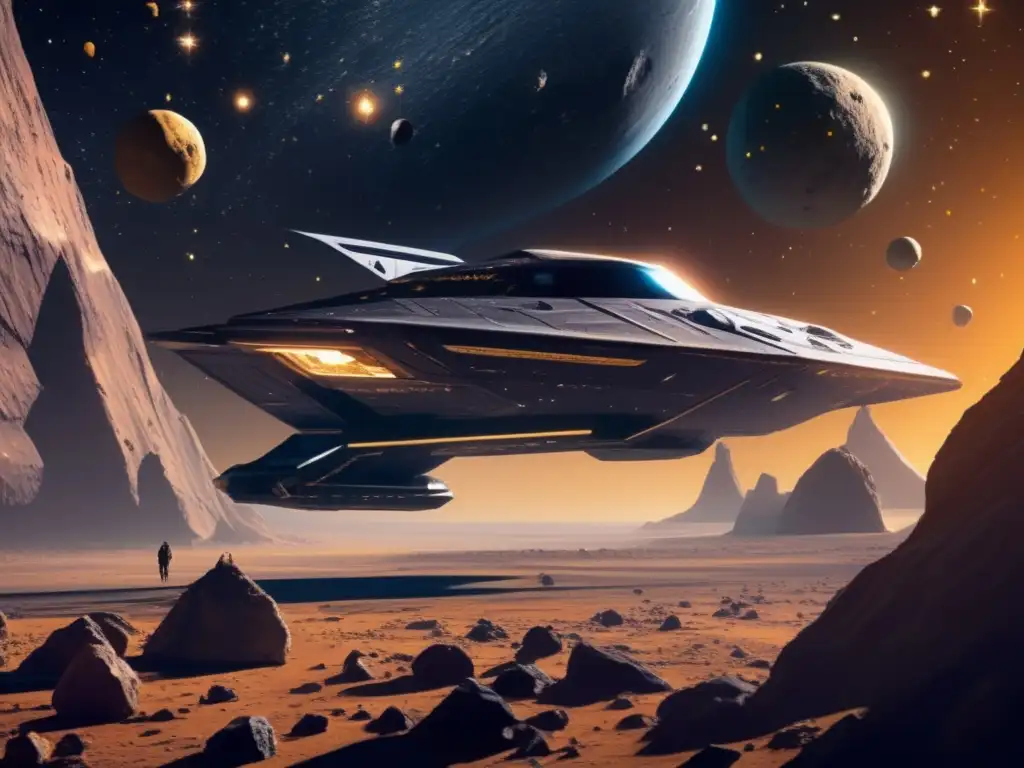The Legacy Of Karl Ludwig Hencke: Discovery Of Astraea And Hebe

Introduction
Asteroids are mysterious, ancient objects that have captivated scientists for centuries. They are remnants from the early formation of our solar system, and their study can shed light on the evolution of the entire universe. In this article, we will explore the legacy of Karl Ludwig Hencke, a German astronomer who made significant contributions to the field of asteroid discoveries. Specifically, we will focus on his discovery of two important asteroids: Astraea and Hebe.
Hencke's Early Life and Career

From Tailor to Astronomer
Karl Ludwig Hencke was born in 1793 in Driesen, Prussia. After completing his apprenticeship as a tailor, he moved to Berlin to pursue his passion for astronomy. Hencke began working at the Berlin Observatory, where he assisted Johann Franz Encke, a well-known astronomer. During his time there, Hencke developed a keen interest in searching for new celestial objects.
The Discovery of Astraea
In 1845, Hencke accomplished his lifelong dream when he discovered the asteroid Astraea. He was using a telescope in the garden of his home in Driesen when he spotted the object. He tracked its movement over several nights, confirming that it was indeed a new asteroid. Astraea is the fourth asteroid ever discovered and the first since the discovery of Ceres in 1801. Its discovery was a significant milestone in the field of astronomy and the study of asteroids.
The Discovery of Hebe
Hencke continued his search for new celestial objects and, just two years after his discovery of Astraea, he found another important asteroid: Hebe. This asteroid was named after the Greek goddess of youth, and it is the fifth asteroid ever discovered. Hebe is larger than Astraea and has an irregular shape. Hencke's discovery of Hebe further cemented his reputation as a skilled astronomer and made him one of the leading figures in the study of asteroids during his time.
The Significance of Hencke's Discoveries

Advancements in Astronomy
Hencke's discoveries of Astraea and Hebe provided important data for astronomers to study. By observing the movement and orbits of these asteroids, scientists were able to gain a better understanding of the structure and formation of our solar system. The identification and study of asteroids also opened up new avenues of research in astronomy and cosmology.
The Legacy of Karl Ludwig Hencke
Karl Ludwig Hencke's contributions to the field of astronomy and asteroid discoveries are significant. He discovered two important asteroids and helped advance our understanding of the universe. Hencke's dedication to his work and his passion for astronomy continue to inspire scientists today.
Frequently Asked Questions

-
What is an asteroid?
An asteroid is a small, rocky object that orbits the sun. Asteroids are remnants from the early formation of our solar system and can help scientists understand its evolution.
-
Why are asteroid discoveries important?
Asteroid discoveries provide valuable data for scientists to study. They can help us gain a better understanding of the formation and structure of our solar system and the universe as a whole.
-
How do astronomers discover new asteroids?
Astronomers use telescopes to search the sky for new celestial objects. They track the movement and orbit of these objects over time to confirm that they are indeed asteroids.
-
What is the significance of Karl Ludwig Hencke's discoveries?
Hencke's discoveries of Astraea and Hebe provided important data for scientists to study and advanced our understanding of the universe. His passion for astronomy and dedication to his work continue to inspire scientists today.
-
What other contributions did Karl Ludwig Hencke make to the field of astronomy?
In addition to his asteroid discoveries, Hencke also made advancements in the study of comets and variable stars. He was a respected astronomer during his time and made important contributions to the field of astronomy.
Conclusion
Karl Ludwig Hencke's discovery of Astraea and Hebe was a significant achievement in the study of asteroids and astronomy. His contributions to the field continue to inspire scientists today, and his legacy serves as a testament to the importance of following one's passions and pursuing knowledge. We hope that this article has provided valuable insights into the life and work of one of the most important figures in the history of asteroid discoveries.
We encourage readers to share their thoughts in the comments section and to interact positively with www.asteroidrealm.com, whether by subscribing, sharing the article on social networks, or other forms of participation. Thank you for your time and attention.
Additional Resources

If you are interested in delving deeper into the world of asteroids and astronomy, here are some additional resources:
- NASA Asteroid Page
- International Astronomical Union Asteroid Theme Page
- Space.com Asteroid Topic Page
 Eros: The Love Asteroid Discovered By Gustav Witt
Eros: The Love Asteroid Discovered By Gustav Witt 2004 MN4: The Asteroid That Almost Hit Earth
2004 MN4: The Asteroid That Almost Hit Earth A Journey Through The Asteroid Belt: Key Discoveries
A Journey Through The Asteroid Belt: Key DiscoveriesIf you want to discover more articles similar to The Legacy Of Karl Ludwig Hencke: Discovery Of Astraea And Hebe, you can visit the Asteroid Discoveries category.
Leave a Reply

Articulos relacionados: